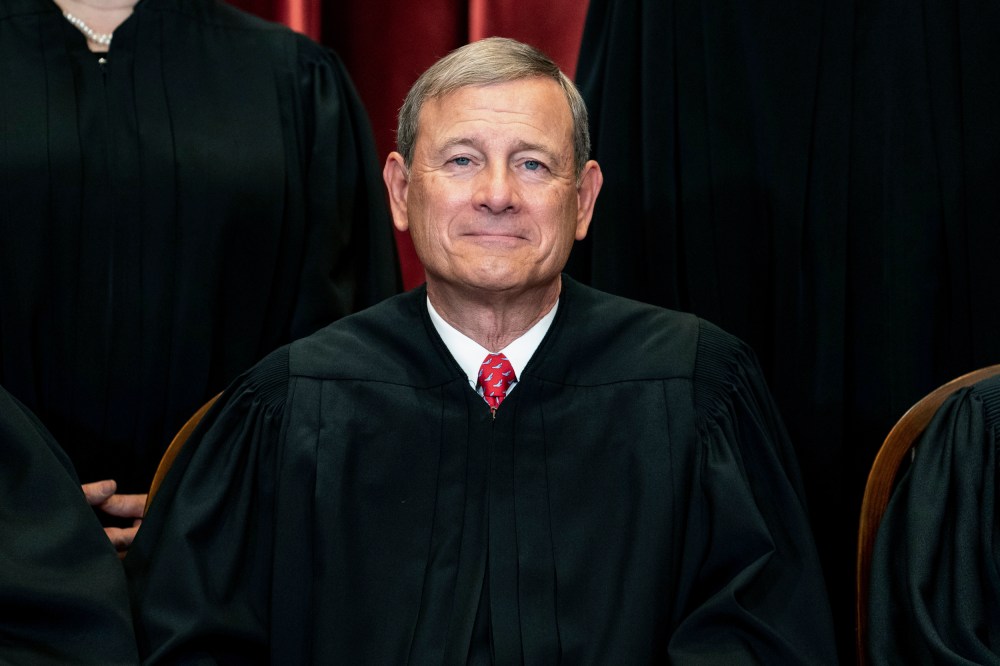In the Supreme Court’s Planned Parenthood v. Casey ruling in 1991, in which the justices upheld Roe v. Wade, the majority wrote, “Like the character of an individual, the legitimacy of the Court must be earned over time.” In their dissent in Dobbs v. Jackson Women’s Health Organization, Justices Stephen Breyer, Elana Kagan, and Sonia Sotomayor added that the legitimacy of the Supreme Court “can be destroyed much more quickly.”
The center-left jurists went on to note that the ruling overturning Roe “undermines the Court’s legitimacy.”
It’s a word that’s come up quite a bit in recent months. With the institution being pushed dramatically to the right by Republican-appointed justices — this is, by some measures, the most conservative court since the early 1930s — critics of the court’s direction haven’t just questioned the majority’s judgment, they’ve also raised concerns about the toll on the branch’s legitimacy.
Chief Justice John Roberts has heard such talk. As the Associated Press reported, he apparently doesn’t care for it.
Chief Justice John Roberts on Friday defended the authority of the Supreme Court to interpret the Constitution, saying its role should not be called into question just because people disagree with its decisions. When asked to reflect on the last year at the court in his first public appearance since the U.S. Supreme Court overturned Roe v. Wade, Roberts said he was concerned that lately some critics of the court’s controversial decisions have questioned the legitimacy of the court, which he said was a mistake.
“You don’t want the political branches telling you what the law is. And you don’t want public opinion to be the guide of what the appropriate decision is,” Roberts said at a judicial conference in Colorado. He added, “Yes, all of our opinions are open to criticism. In fact, our members do a great job of criticizing some opinions from time to time. But simply because people disagree with an opinion is not a basis for criticizing the legitimacy of the court.”
It’s tempting to dwell on the chief justice’s assertion that we don’t want the political branches telling us what the law is. After all, our system is based on the idea that we elect lawmakers whose job entails writing laws. Perhaps we’ll consider this in more detail in a separate post.
For now, however, let’s instead direct our attention to Roberts’ flawed defense.
To hear the chief justice tell it, the court’s critics of late — lawyers, scholars, journalists, rank-and-file voters, even some sitting justices, et al. — are throwing a misguided fit. Sure, we’re all welcome to criticize rulings we disagree with, but according to Roberts, we go too far when we question the legitimacy of the Supreme Court itself.
But I can’t help but wonder whether the chief justice fully appreciates the nature — and the nuances — of the criticism.
By all appearances, Roberts cares deeply about the high court’s reputation. It is very easy to believe he’s sincere in his wishes that Americans perceive the institution as apolitical, led by dispassionate jurists who simply do their best to call balls and strikes without regard for parties or ideological agendas.
The problem, of course, is that this vision has been largely shattered.














